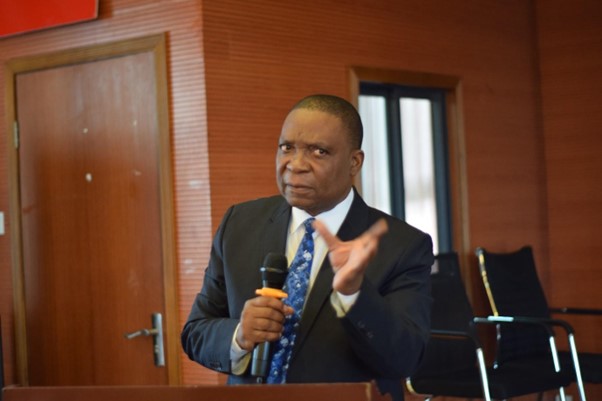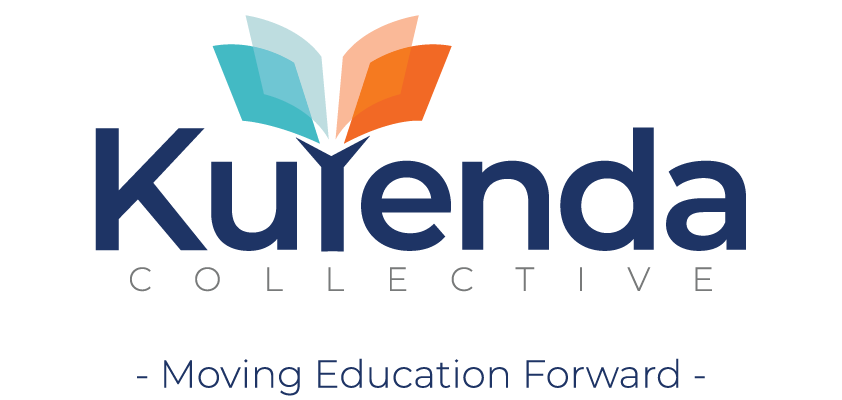Malawi RYCs participate in the 2023-2024 Education Budget Analysis.

Kuyenda Collective country partner FAWEMA in partnership with Civil Society Education Coalition (CSEC), Oxfam Malawi, GAYO, Rays of Hope conducted a parliamentary engagement meeting on the findings of the analysis of the 2023-2024 draft national budget with a focus on the Education sector. The meeting was held on 13th March 2023 at Golden Peacock Hotel, Lilongwe.
In an effort to enable youth participation in national education financing policy dialogue, a key objective of the Kuyenda Collective, FAWEMA supported youth from Nkota-kota, Malawi, to travel to Lilongwe for this critical budget analysis meeting. In the session, youth could listen to the government and CSO actors make representations on the published budget for the years 2023-2024. The youth were also given the opportunity to contribute to the deliberations and have their voices heard. Ultimately the goal of this meeting was to move towards more accountability when it comes to education financing in order to see more quality education outcomes due to changes in education financing and delivery in the country.

The analysis of 2023/24 draft National Education Budget enabled the stakeholders present to identify the gaps as well as appreciate the strengths of the draft budget. Recommendations from this meeting contributed to the parliamentary debate on the budget as it informed the parliamentarians, through the recommendation, key areas for consideration during their deliberations in parliament. This process also enables the Ministry of Education to keep the education budget responsive to the issues in the sector and those directly affecting the youth.
Government-level participants in the budget analysis meeting included Budget and Finance Parliamentary Committee members, Education Parliamentary Committee members, and Gender and Social Welfare Parliamentary Committee members. In addition, representatives from the Ministry of Education and also Ministry of Gender and Social Welfare were in attendance along with Civil Society Organisations. Also invited were social and other media outlets who would report particularly online, raising the profile of the deliberations.
The Kuyenda Collective extended its invitation to the Rural Youth Collectives (RYCs) representatives from Nkhata-bay and Nkhota-kota, who also joined the deliberations. Thokozani Fickson represented the Nkhota-kota District Youth Network, and Erick Banda represented the youth from Nkhata-bay District Youth Network.

“Government does not have enough resources to cater for all the asks that CSOs are proposing. Rather there is need to work together and change the system of the budget engagement between Ministry of Finance (MoF) and CSO. It is more practical for CSOs to engage parliamentarians before they engage MoF because it means that we will be working together to make sure that the limited resources are allocated to priority areas, and as parliamentarians we can influence that”.
Honourable Kamlepo Kalua
Key Findings
malawi education Budget analysis
Budget Deficit: During the session, the budget deficit was discussed with government representatives, and it was unclear how the deficit would be financed. The concern increased as it was highlighted the utilisation of the 2022-2023 budget was at 75% because those were all the funds that had been disbursed as of March 2023. Late disbursements raised concerns over the effectiveness of the budget allocation process.
Education Infrastructure Resourcing: 76 out of the 250 Secondary schools that the government had planned to construct have been completed. The planned construction of girls’ hostels had stalled as funds for the same were reduced from KWA1 Billion to KWA45 Million. The reduced budget is also still yet to be disbursed from the 2022-2023 budget.
Teacher Resources: Salary disbursements for 2022-2023 were at 61% due to over projections, it was cited.
Learning Materials: It was reported that only 12% of Teaching and Learning Materials has been disbursed so far five (5) months after opening schools; therefore, the majority of schools are operating without these resources.
Other notable issues raised during the analysis meeting were a low female uptake of TVET programs, 8% of university transition with higher education having the education budget share at 2%.
RECOMMENDATIONS
- As much as CSOs are consulted when the Ministry of Education is developing its estimates, CSOs are not part of the engagement that meets with the treasury to consolidate the education budget. CSOs are not sure what has been included in the consultative process is what they proposed. The recommendation is that CSOs should also be part of the treasury meeting with the Ministry of Education when the budget is being negotiated and/or finalised.
- Make the School Improvement Grant part of the Community Development Fund to facilitate timely disbursement as, mostly, SIG is disbursed late.
- Parliamentarians should provide support and guidance on the projects abandoned or on hold in the ministry.
The Kuyenda Collective will support Rural Youth Collectives Advocate for better education financing and information systems management in 2023.
Kuyenda collective

